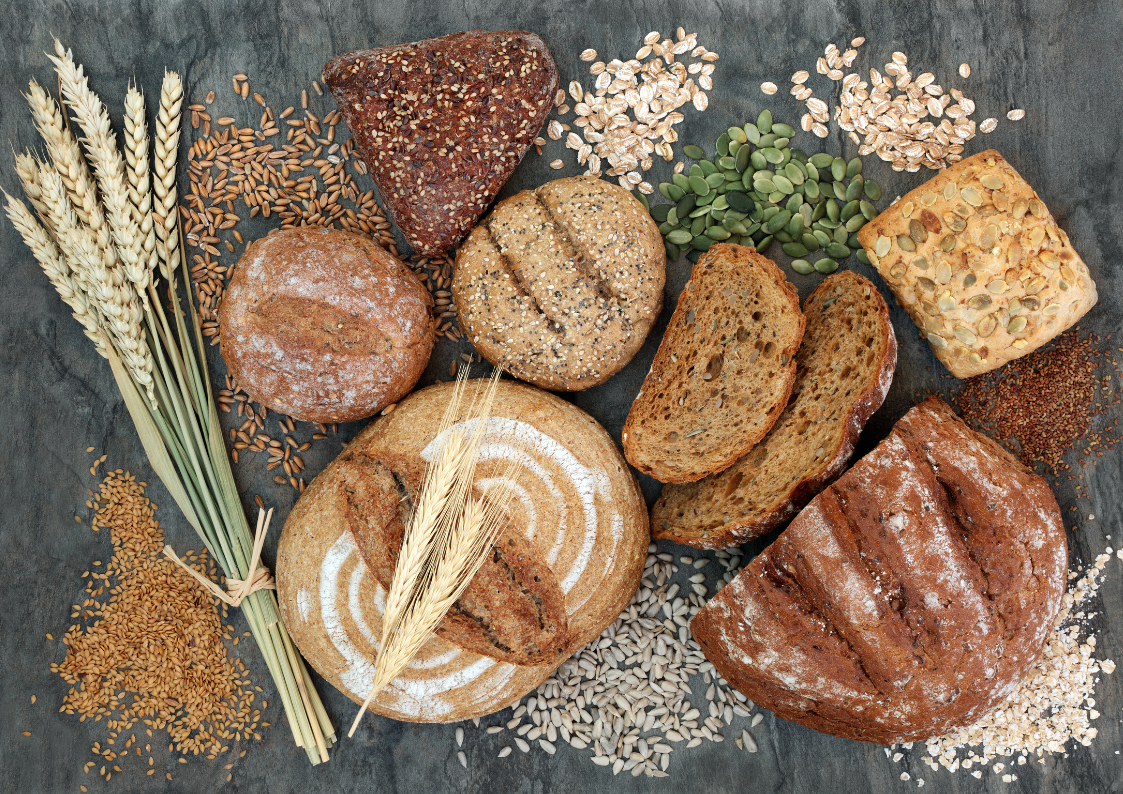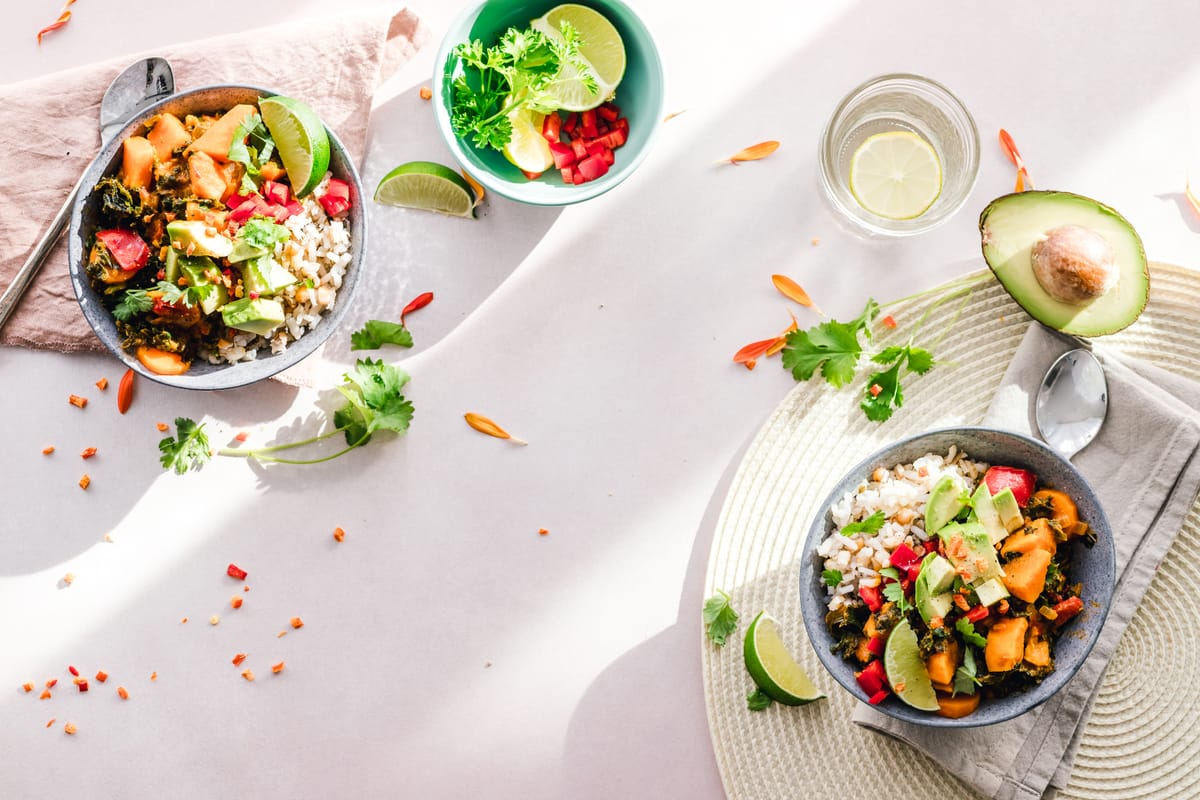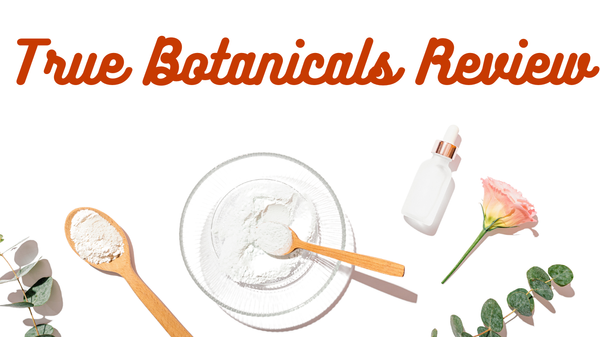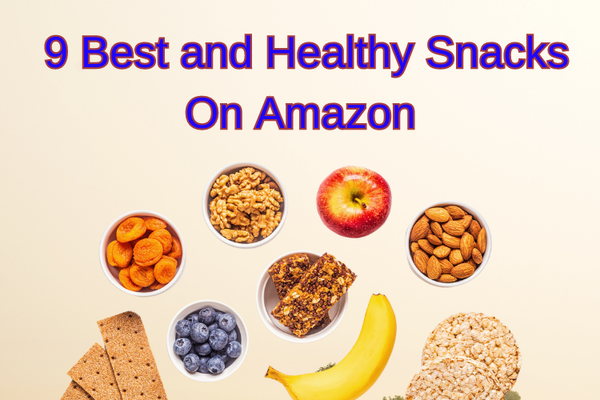Power-Start Your Day: The Ultimate High-Fiber Breakfast Guide
In this guide, we've lined up the most nutritious and delicious high fiber breakfast options. These meals are not only satiating but also contribute to better digestion and overall health. Get ready to power-start your day with the ultimate high-fiber breakfast guide.

Is your morning meal leaving you hungry way before lunch? You're not alone. The issue often lies in the lack of dietary fiber, an essential nutrient that keeps you feeling full and energized throughout the day. But there's a solution – a high-fiber breakfast. In this guide, we've lined up the most nutritious and delicious high fiber breakfast options. These meals are not only satiating but also contribute to better digestion and overall health. Get ready to power-start your day with the ultimate high-fiber breakfast guide.
What is High Fiber in Your Diet Supposed to Do?
Fiber, or roughage, has been a crucial component of human diets for centuries. Historical records suggest that our ancestors consumed a fiber-rich diet, thanks to their heavy reliance on plant-based foods. After farming began, fiber became vital in meals, especially for civilizations that consumed grains and legumes.
Dietary fiber is known for its multiple health benefits. Perhaps most importantly, it aids in digestion by adding bulk to the stool, which helps prevent constipation and promotes regular bowel movements. High-fiber foods also tend to be more filling, so they're a great choice for those trying to maintain or lose weight. They take longer to eat and give a sense of fullness, which can help curb overeating. Furthermore, consuming foods high in fiber can decrease the chances of developing chronic diseases like heart disease, stroke, and certain cancers. Including high-fiber foods in your breakfast can help you have a healthier and more energetic day.
Research Studies and High Fiber Breakfast Benefits
Several research studies have underscored the importance and benefits of a high-fiber diet, particularly in the context of breakfast. Here are a few noteworthy ones:
- Eating breakfasts high in fiber can control hunger and help manage weight, according to a study. Fiber makes you feel full, so you eat fewer calories all day, the research suggests. Click here to learn more.
- Research from the Harvard School of Public Health indicates that a high-fiber diet can reduce the risk of heart disease. The study found that participants who ate a high-fiber breakfast had a significantly lower risk of heart disease than those who did not. Click here to learn more.
- A study in the British Journal of Nutrition emphasized the role of high-fiber foods in maintaining good gut health. It concluded that a high-fiber breakfast can aid digestion and alleviate constipation. Click here to learn more.
- The Journal of Nutrition and Metabolism highlighted the role of high-fiber diets in managing Type 2 Diabetes. The study found that adding high-fiber foods to breakfast can manage blood sugar levels. Click here to learn more.
Remember, it's never too late to start your day with a high-fiber breakfast for a healthier, energetic day.
High Fiber Breakfast Food Tips
These Foods are sure to have you on your way to a healthy start.
- Oatmeal: A warm bowl of oatmeal is an excellent source of fiber. Oats contain beta-glucan, a type of fiber that's been shown to help lower cholesterol when eaten regularly.
- Chia Seeds: These tiny black seeds are high in fiber and can be added to smoothies, yogurt, and oatmeal for an extra fiber boost.
- Berries: Blueberries, strawberries, and raspberries are all high in fiber. Add them to your breakfast for a sweet, fiber-rich start to your day.
- Flaxseeds: Ground flaxseeds can be sprinkled over your breakfast cereal or yogurt. They are a great source of fiber and also contain Omega-3 fatty acids.
- Whole Grain Bread: Opt for whole grain bread over white bread for your morning toast to add more fiber to your breakfast.
- Avocados: Rich in healthy fats and fiber, avocados make a great addition to any breakfast. Spread it on whole grain toast for a satisfying, fiber-packed breakfast.
- Almonds: Almonds are not only high in fiber but also in healthy fats and protein. Add a few almonds to your oatmeal or salads for a crunch.
How Do I Make a High Fiber Food Breakfast?
Creating a fiber-rich breakfast is simpler than you might think. Let's explore three flavorful recipes that will help keep you satisfied all morning and contribute to your daily fiber intake.
Overnight Chia Pudding
- In a jar, combine 3 tablespoons of chia seeds, 1 cup of almond milk, and 1 teaspoon of honey. Stir well to combine.
- Seal the jar and store it in the refrigerator overnight.
- In the morning, give it a good stir. Add a topping of fresh berries and a sprinkle of almonds before enjoying.
Oatmeal with Berries and Almonds
- Boil 2 cups of water and add 1 cup of oats. Reduce the heat and let it simmer until the oats are tender and the water is absorbed.
- While the oats are cooking, chop a handful of almonds and set them aside.
- Once the oats are cooked, add a splash of milk and a teaspoon of honey. Stir to combine.
- Top the oatmeal with a generous handful of fresh berries and the chopped almonds.
Avocado and Whole Grain Toast
- Toast a slice of whole grain bread until it is golden brown.
- While the bread is toasting, slice a ripe avocado in half and remove the pit. Scoop out the avocado and mash it with a fork.
- Spread the mashed avocado onto the toasted bread.
- Sprinkle the toast with a pinch of salt, pepper, and a handful of flaxseeds.
Remember, these are just guidelines. Feel free to get creative and adapt these recipes to suit your personal taste. The key is to ensure you're incorporating a variety of fiber-rich foods to kickstart your day.
What are the Complications of a High Fiber Diet?
While a high fiber diet is generally beneficial, consuming excessive amounts can lead to some complications. Overconsumption of fiber can cause bloating, stomach cramps, and gas, especially when your body is not used to a fiber-rich diet. Furthermore, if you increase your fiber intake drastically and do not consume enough fluids, it could lead to constipation. In rare cases, too much fiber can interfere with the absorption of minerals like iron, zinc, and calcium. However, these issues can usually be avoided by increasing fiber intake gradually and ensuring good hydration. It's always wise to consult with a healthcare provider when making significant changes to your diet.
High Protein, High Fiber Breakfast Options
When you add high-protein foods to your breakfast, you get important nutrients and feel full and satisfied all morning. Here are some beneficial high protein breakfast foods:
- Eggs: A versatile breakfast staple, eggs are a great source of protein and contain a variety of nutrients such as vitamins D and B12.
- Greek Yogurt: Packed with protein, Greek yogurt also provides calcium and probiotics, which are beneficial for gut health.
- Quinoa: A high-protein grain, quinoa is also rich in fiber and other essential nutrients like magnesium and iron.
- Lean Meats: Turkey or chicken sausages, or a small steak, can be an excellent source of morning protein.
- Nuts and seeds, such as almonds, walnuts, chia seeds, and flaxseeds, are high in protein. They also contain heart-healthy fats and fiber.
Remember, combining high fiber and high protein foods for breakfast can provide a balanced, nutritious way to keep your body metabolism optimized.

Key Takeaways
- To prevent constipation and problems with mineral absorption, increase your fiber intake slowly. Drink plenty of water.
- Consulting a healthcare provider is recommended when significantly altering your diet.
- High protein, high fiber breakfasts are beneficial, providing essential nutrients and prolonged satiety.
- High protein foods such as eggs, Greek yogurt, quinoa, lean meats, and nuts and seeds can be incorporated into breakfast.
- These foods are rich in protein and also provide vitamin D, B12, calcium, probiotics, magnesium, iron, heart-healthy fats, and fiber.
- Combining high fiber and high protein foods for breakfast can help optimize body metabolism.
We wish to extend our heartfelt gratitude for spending time with us and reading this informational post. We hope it has been beneficial in enhancing your understanding of high fiber breakfasts. Please continue to follow our blog for more helpful information on health, wellness, and travel. Your journey to a healthier, more fulfilled life is just a click away. Remember, knowledge is power, and we're here to empower you. Keep reading, keep learning!





